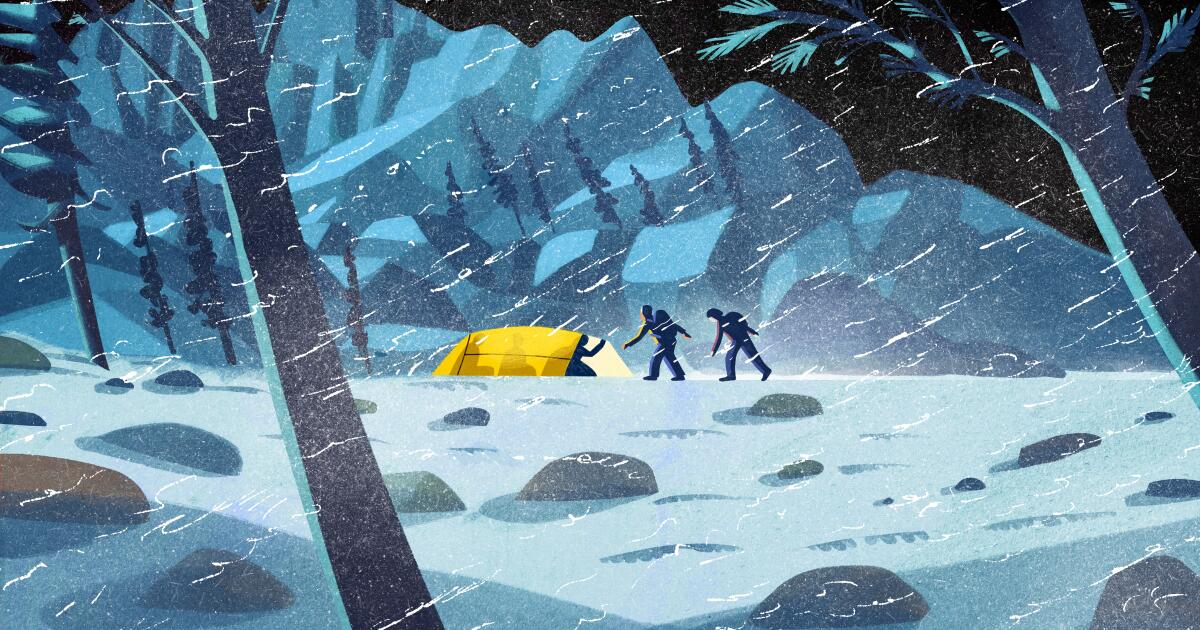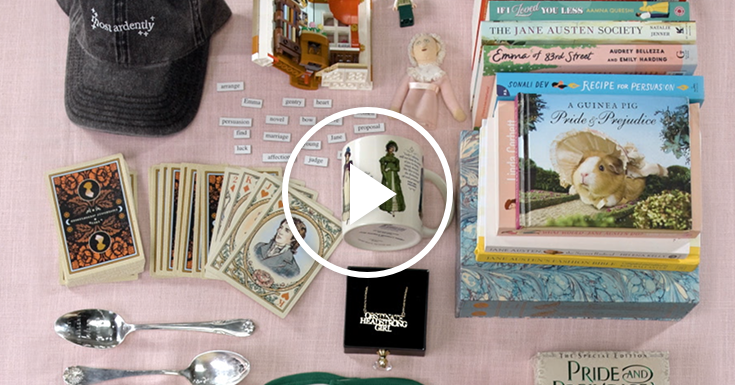Going to your first festival with friends should be exciting, rewarding and fun, making it one of the highlights of your summer vacation.
But if your teen hasn't spent much time away from home or traveled long distances without adult supervision, it's understandable that some parents may be hesitant about letting them go.
So should parents let their teenagers go to a festival with friends? What should we ask them if they go?
Start Small and Set Expectations
If it's your teenager's first festival, counselor Georgina Sturmer acknowledges that the idea of a big, full weekend can be a little overwhelming for both of you.
“And they may not meet the minimum age requirement,” he says, so this is the first thing they should check. “If that's the case, consider how you can present the idea to them. Maybe there is the option of a 'day ticket', or a small local festival, or a family camping trip to test your outdoor skills.”
This could be an opportunity to prepare for larger, more independent trips in the future and ask some key questions: “What kind of gear does your teen need? And do you know how to use it? Festivals are a great way to encourage our teens to get outdoors and learn new skills. But they may need some support and practice to get there.”
Matt Buttery, chief executive of 'positive parenting programme' Triple P UK and Ireland, agrees. This may be one of the first times your teen is not under adult supervision, so decide what your family's expectations are and discuss them with your teen.
“Be sure to praise their overall good behavior as a basis for expressing what you expect from them,” he says. “But beyond behavior, it's also important to set ground rules, such as communicating while they're away, and establish the importance of this to maintaining trust and ensuring their safety.”
Explore your own fears and worries.
Sturmer acknowledges that it's natural to feel a little worried or anxious as our children take new steps toward independence and adventure.
“But if you feel overwhelmed by fear or worry, it's important to explore them yourself,” she says. “Are your fears rational and, if so, can you take steps to mitigate them? Or do you feel overwhelmed by irrational worry? If so, how can you help yourself “catch the catastrophe” and calm down? Above all, remember that you are in charge.”
Have a plan for peer pressure
Peer pressure can sometimes lead young people to engage in risky behavior. Help them prepare for this too, let them know that it's okay to say no and talk about any concerns they may have.
“If they see their friends doing something like drinking, smoking, or vaping, they may feel like they need to do it too to stay in the friendship group or to make friends in new situations,” Buttery says.
“This may be more concerning for parents who would not necessarily accompany their teenagers to the festival. To help manage this, make a plan (with your child) to help him deal with peer pressure so you are prepared should a situation arise. For example, help them think of a phrase they can use to reject these things. This will help them gain the confidence to say no outright.
“Although social pressure plays a role, so does family. By talking together, you can make your values and opinions clear and help them build the confidence to say no will teach them a valuable life skill – setting boundaries – which will prepare them well for the future.”
Prepare logistics and contingencies.
Planning will help both parents and their teens feel more confident about things.
“Encourage your teen to plan what they need, how they will get there, and how they will keep themselves (and their belongings) safe and secure,” Sturmer says.
“Also consider contingency planning: what happens if someone gets sick or gets lost? And most importantly, are they able to trust their own abilities to figure things out if their devices are broken, lost, or stolen?Encourage open communication
As Buttery points out, encouraging open communication with your child from an early age will help parents maintain positive communication channels throughout adolescence.
“Be curious, not angry. If your teenager wants to go to a festival with his friends, it's important not to overreact and instead talk to him to understand his motivation while also analyzing the risks,” she says.
“Having an open dialogue will generally allow your teen to talk to you about a wide range of topics, such as their mental health, concerns at school or with friends, and, as they get older, about alcohol, relationships, and drugs. and will make you feel comfortable approaching you with this request.”
Drugs and alcohol
There is no denying that your teen could be exposed to, or offered, drugs or alcohol if they attend a festival.
“It might be helpful to have an open, honest conversation about this topic before they leave,” Sturmer says, “to help them explore any fears or misconceptions and set some ground rules and boundaries about what is expected.”












